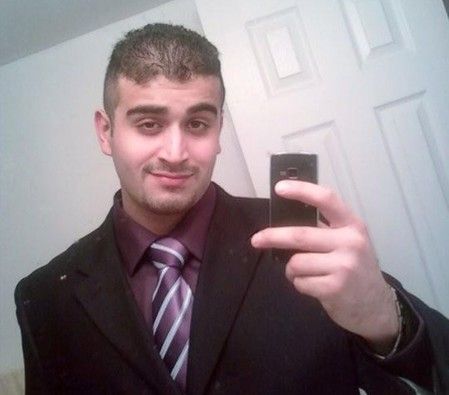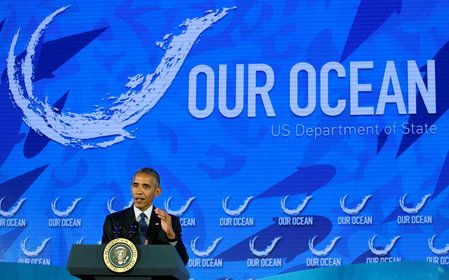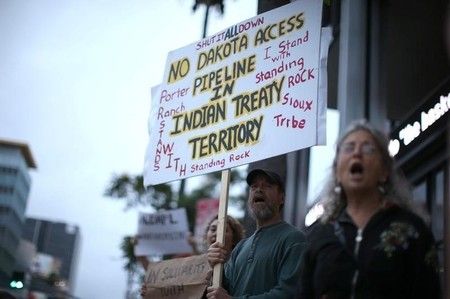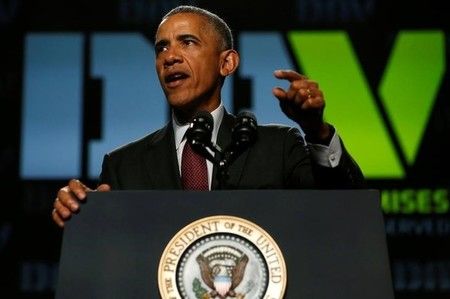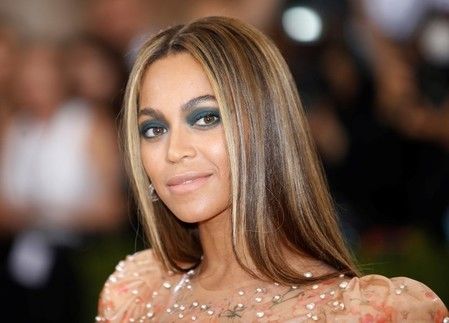Advertisement
L.A. policemen who shot unarmed black man sue city for discrimination
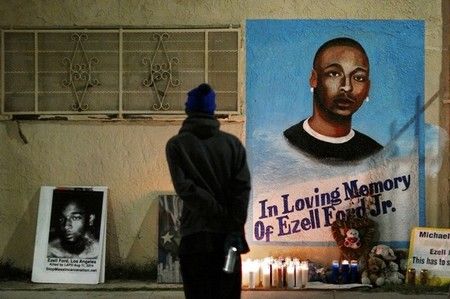
By Alex Dobuzinskis
LOS ANGELES (Reuters) – Two Los Angeles police officers who shot dead an unarmed black man in 2014 have sued the city for alleged racial discrimination after not being allowed to return to the field.
In the lawsuit, filed in Los Angeles County Superior Court on Wednesday, the two officers, Sharlton Wampler and Antonio Villegas, shed light on the repercussions on their careers from the shooting, opening a window on normally secret disciplinary proceedings.
Wampler and Villegas killed Ezell Ford, 25, after Ford struggled for Wampler’s gun, according to authorities, in an incident that touched off several protests.
Villegas is Latino and Wampler is Caucasian, according to the suit; police previously described him as Asian-American.
The two officers were not criminally charged in the incident. The Los Angeles Police Commission in June 2015 faulted Wampler for approaching Ford without sufficient cause, but found that Villegas was justified in shooting Ford during the struggle.
Wampler and Villegas accused supervisors of denying their requests to return to the field based on their race and Ford’s race, according to the lawsuit.
The lawsuit said another Los Angeles police officer, who is African-American, was involved in a separate shooting that was found to be out-of-policy but that officer retains a “highly sought after position.”
“Clearly, there is a different standard of discipline meted out to officers solely on account of their race and color of their skin,” the lawsuit stated.
The lawsuit says the officers have been denied transfers, overtime and promotions because of their race and faced retaliation after they filed complaints of racial discrimination with state regulators.
Rob Wilcox, a spokesman for the Los Angeles city attorney, said in an email that his office was reviewing the lawsuit but could not comment further.
Ford’s death came two days after police fatally shot an unarmed black teenager in Ferguson, Missouri, triggering protests across the country over use of excessive force by police.
Since then the debate over policing and racism has intensified in the United States where a string of deaths of black men and women involving officers has fueled anger and given rise to the Black Lives Matter protest movement.
In July, high-profile police shootings of two black men in Minnesota and Louisiana were followed by the killing of five police officers in Dallas by an African-American former U.S. soldier and the death of three law enforcement officers in Baton Rouge, Louisiana, by another gunman.
(Reporting by Alex Dobuzinskis in Los Angeles; Additional reporting by Brendan O’Brien in Milwaukee; Editing by Leslie Adler)


